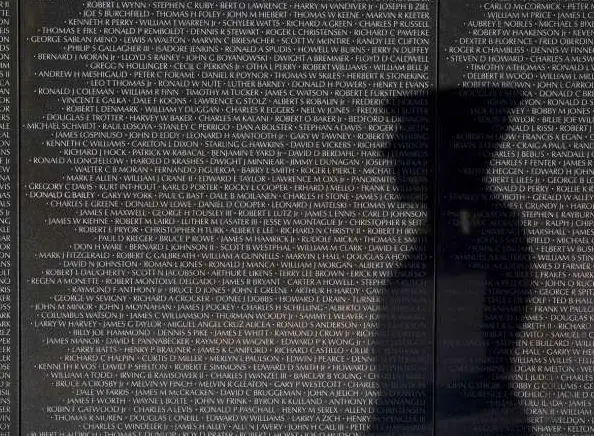President Barack Obama came into office seven years ago pledging to end the wars of his predecessor George W. Bush. On May 6, with eight months left before he vacates the White House, Mr Obama passed a sombre, little-noticed milestone: He has now been at war longer than Mr Bush, or any other American president.
If the United States remains in combat in Afghanistan, Iraq and Syria until the end of Mr Obama's term - a near-certainty, given the president's recent announcement that he will send 250 additional Special Operations forces to Syria - he will leave behind an improbable legacy as the only president in US history to serve two complete terms with the nation at war.
Mr Obama, who won the Nobel Peace Prize in 2009 and spent his years in the White House trying to fulfil the promises he made as an anti-war candidate, would have a longer tour of duty as a wartime president than Franklin D. Roosevelt, Lyndon B. Johnson, Richard M. Nixon and his hero Abraham Lincoln.
Granted, Mr Obama is leaving far fewer soldiers in harm's way - at least 4,087 in Iraq and 9,800 in Afghanistan - than the 200,000 troops he inherited from Mr Bush in the two countries. But he has also approved strikes against terrorist groups in Libya, Pakistan, Somalia and Yemen, for a total of seven countries where his administration has taken military action.
"No president wants to be a war president," said Mr Eliot Cohen, a military historian at Johns Hopkins University who backed the war in Iraq and whose son served there twice. "Obama thinks of war as an instrument he has to use very reluctantly. But we're... killing lots of people."
Mr Obama has wrestled with this immutable reality from his first year in office, when he went for a walk among the tombstones at Arlington National Cemetery before giving the order to send 30,000 additional troops into Afghanistan.
His closest advisers say he has relied so heavily on limited covert operations and drone strikes because he is mindful of the dangers of escalation and has long been sceptical that interventions work.
Publicly, Mr Obama acknowledged early on the contradiction between his campaign message and the realities of governing. When he accepted the Nobel Prize in 2009, he declared that humanity needed to reconcile "two seemingly irreconcilable truths - that war is sometimes necessary, and war at some level is an expression of human folly".
"It's the difference between being a war president and a president at war," said Mr Derek Chollet, who served in the State Department and the White House during Mr Obama's first term and as the assistant secretary of defence for international security affairs from 2012 to 2015.
"Being a war president means that all elements of American power and foreign policy are subservient to fighting the war," Mr Chollet said.
More so than Mr Bush and president Bill Clinton, Mr Obama has fought a multi-front war against militants. Pentagon officials referred to the situation as "the new normal". But for those who worked in the Obama administration, it made for an unrelenting experience.
"As the Middle East coordinator, I certainly felt like it was a wartime pace," said Mr Philip Gordon, who worked in the White House from 2013 to 2015.
Still, Mr Gordon and other former officials drew a distinction between the wars of the 21st century and those of the 20th century. For one thing, Congress has not specifically authorised any of Mr Obama's military campaigns, let alone issued a declaration of war - something that it has not done since World War II.
(THE NEW YORK TIMES)
 简体中文
简体中文




